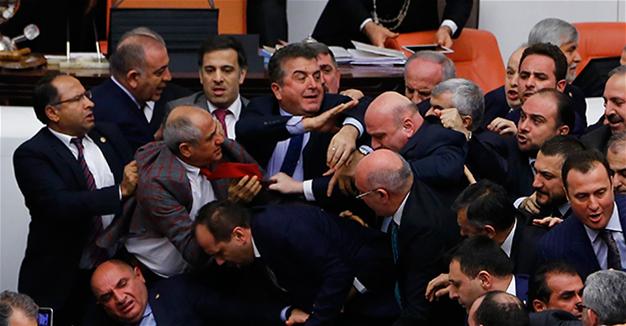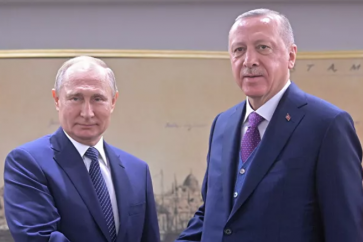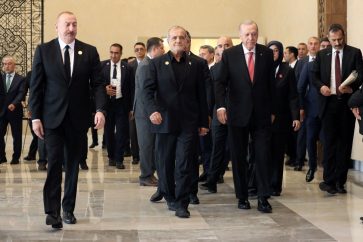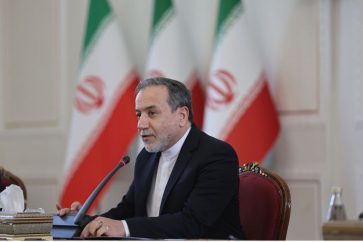Turkish lawmakers on Thursday approved three more articles in a hugely controversial bill bolstering the powers of President Recep Tayyip Erdogan, as lawmakers brawled and threw objects in a session of high tension.
Lawmakers have since the start of the week been debating the first reading of the 18-article bill to change the constitution to create an executive presidency.
The articles approved covered lowering the minimum age limit of members of parliament from 25 to 18, stipulating parliamentary elections be held every five years, instead of four, and on the parliament’s own powers.
Five of the 18 articles have now been approved with the three-fifths majority required for the new constitution to be submitted to a referendum expected in April.
The ruling Justice and Development Party (AKP) has mustered sufficient votes in an alliance with the Nationalist Movement Party (MHP).
But the changes are vehemently opposed by the main opposition Republican People’s Party (CHP), whose lawmakers boycotted the vote.
The two readings are expected to take two weeks, with parliament working without a break.
A brawl erupted in the chamber as the voting took place in an overnight session, with lawmakers punching each another and chairs being thrown, television pictures showed.
Dozens of lawmakers crowded around the speaker’s rostrum with one MP held in a chokehold and another kicked in the shins.
“I am proud of my CHP deputies who showed resistance despite all the attacks from the AKP which is desperate to knock down the seat of the nation’s will,” the CHP faction’s deputy chairman Ozgur Ozel said.
The pro-Kurdish Peoples’ Democratic Party (HDP) also boycotted the vote in protest at the arrest of its two co-leaders and several other MPs over alleged links to the outlawed Kurdistan Workers’ Party (PKK).
While critics say the move is part of a power grab by Erdogan for a one-man rule, supporters say it will put Turkey in line with France and the US and is needed for efficient government.
Under the proposed changes, there would no longer be a formal cabinet but there will be ministers, whom the president will have the power to appoint and fire.
Source: AFP




